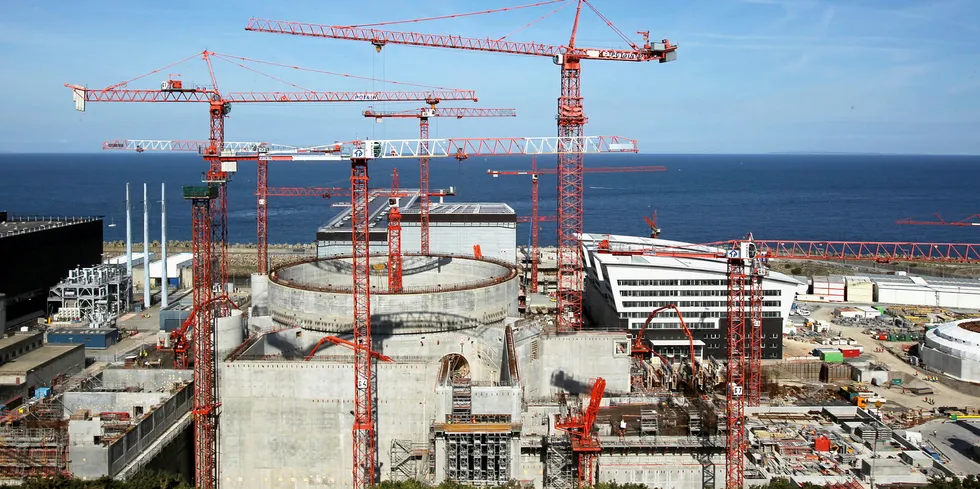Renewables 'faster and cheaper' than nuclear in saving the climate
Even existing nuclear plants more expensive than renewables, admits World Nuclear Industry Status report

Even existing nuclear plants more expensive than renewables, admits World Nuclear Industry Status report
